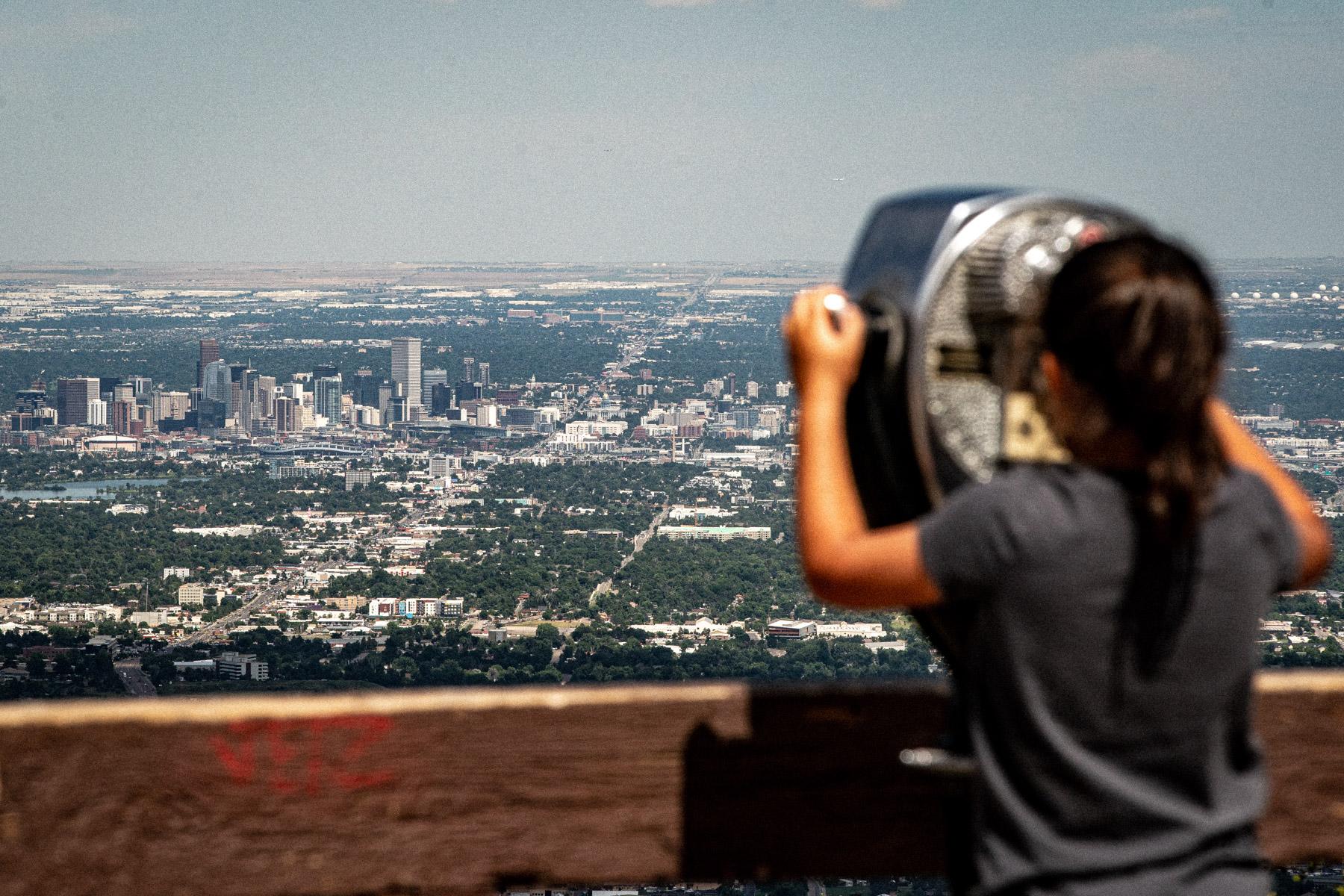
Colorado’s metropolitan areas will see high temperatures in the upper 90s to low 100s Monday, as hot summer weather sets in.
The National Weather Service has issued a heat advisory covering Fort Collins, the Denver metro area, Colorado Springs and Pueblo.
With temperatures likely to hit triple-digits in several areas, it will be the hottest day of the year so far for much of the Front Range.
A heat advisory is also in effect for several parts of the Western Slope, including Grand Junction, Montrose and the Four Corners region. Grand Junction will see near-record heat, with temperatures expected to reach 105 degrees.
Heat advisories are expected to remain in effect until Monday evening. Despite the heat, only one rural part of Colorado will experience critical fire conditions. Moffat and Rio Blanco counties in northwestern Colorado will see strong winds and low humidity that could create favorable conditions for ignition and rapid wildfire spread.
People should take precautions when it comes to the intense heat. Safety officials recommend drinking plenty of fluids, keeping air-conditioning on, and checking up on relatives and neighbors. Those who work outside should take frequent breaks, wear loose-fitting clothing and apply sunscreen.
The city of Denver announced it will open cooling centers Monday as a reprieve for people seeking shelter from the heat. Other communities may follow suit.
Overexposure to heat can cause various health issues, especially for people with underlying health conditions, people over 65, and young children. Residents are encouraged to look out for symptoms of heat-related illness in themselves and others, including excessive sweating, muscle cramps, and visibly hot, red skin.
Climate change is making heat waves longer, more frequent and more intense in Colorado and around the world. This year, those trends are being amplified by El Niño, which started last month.









